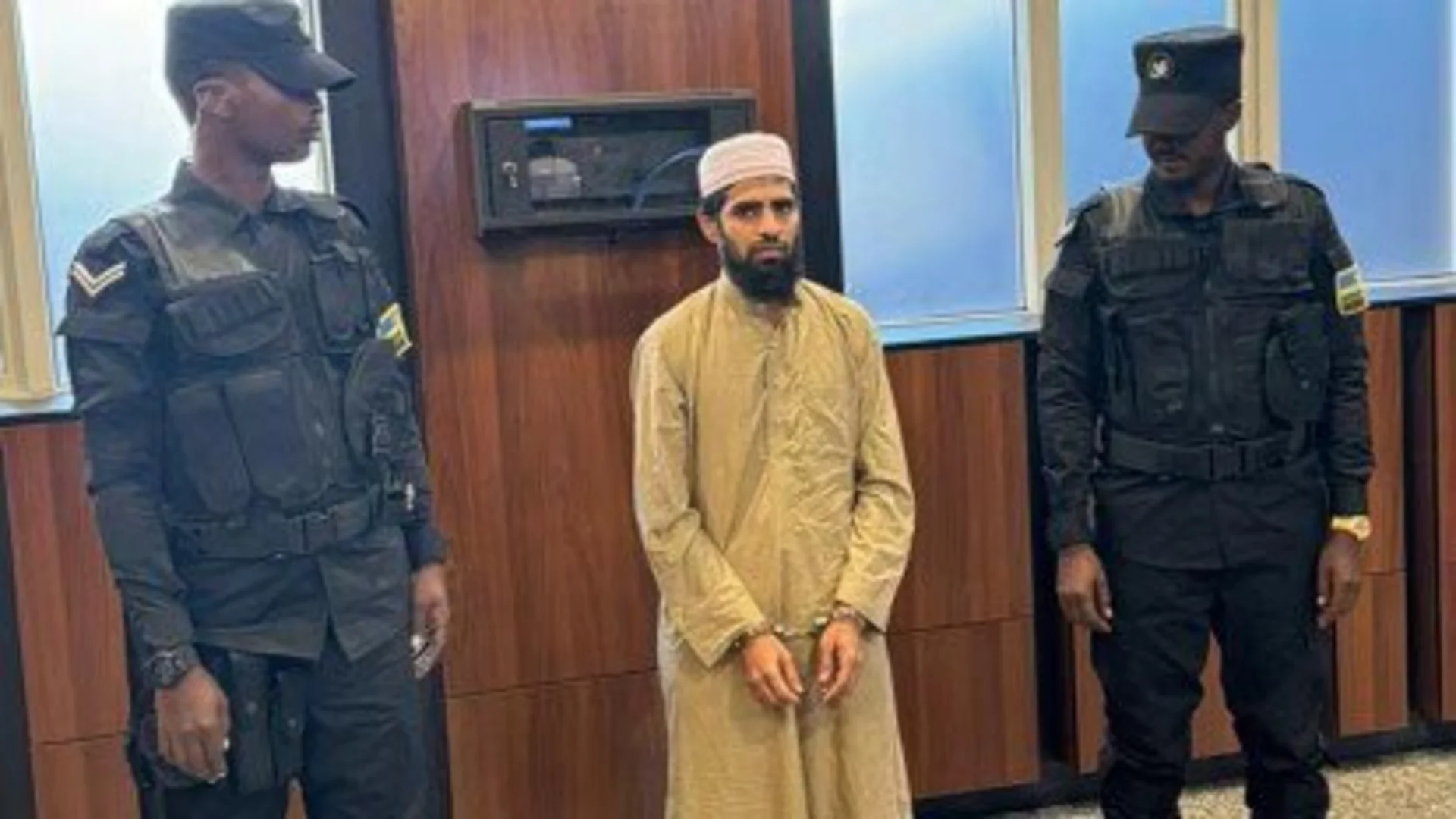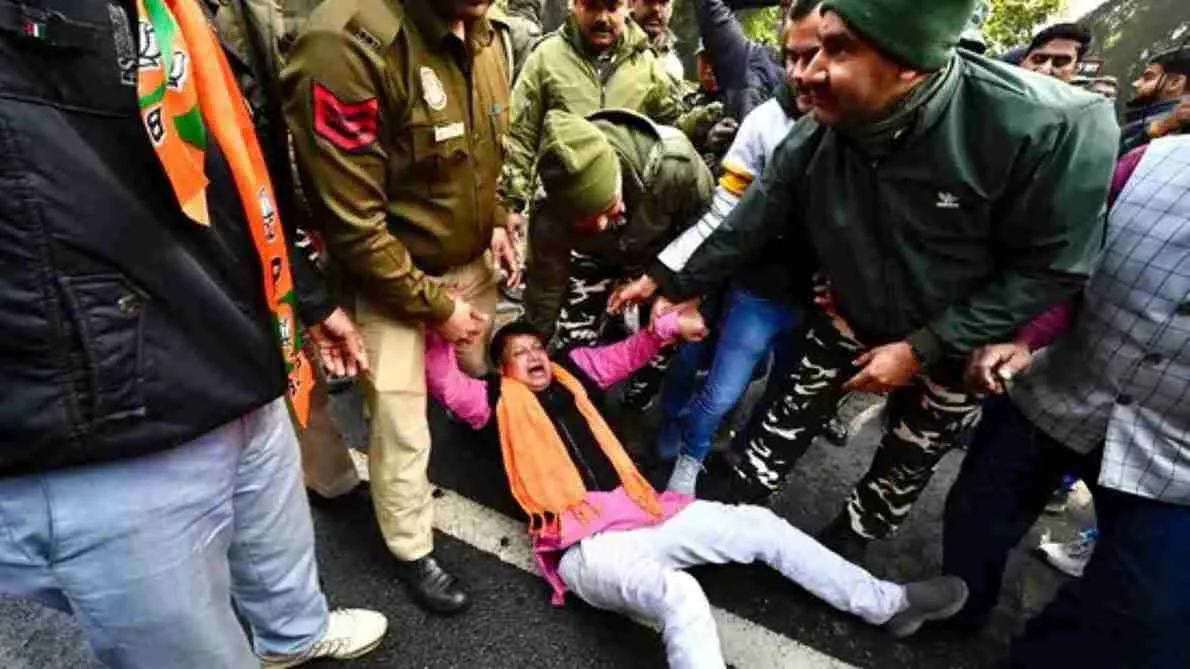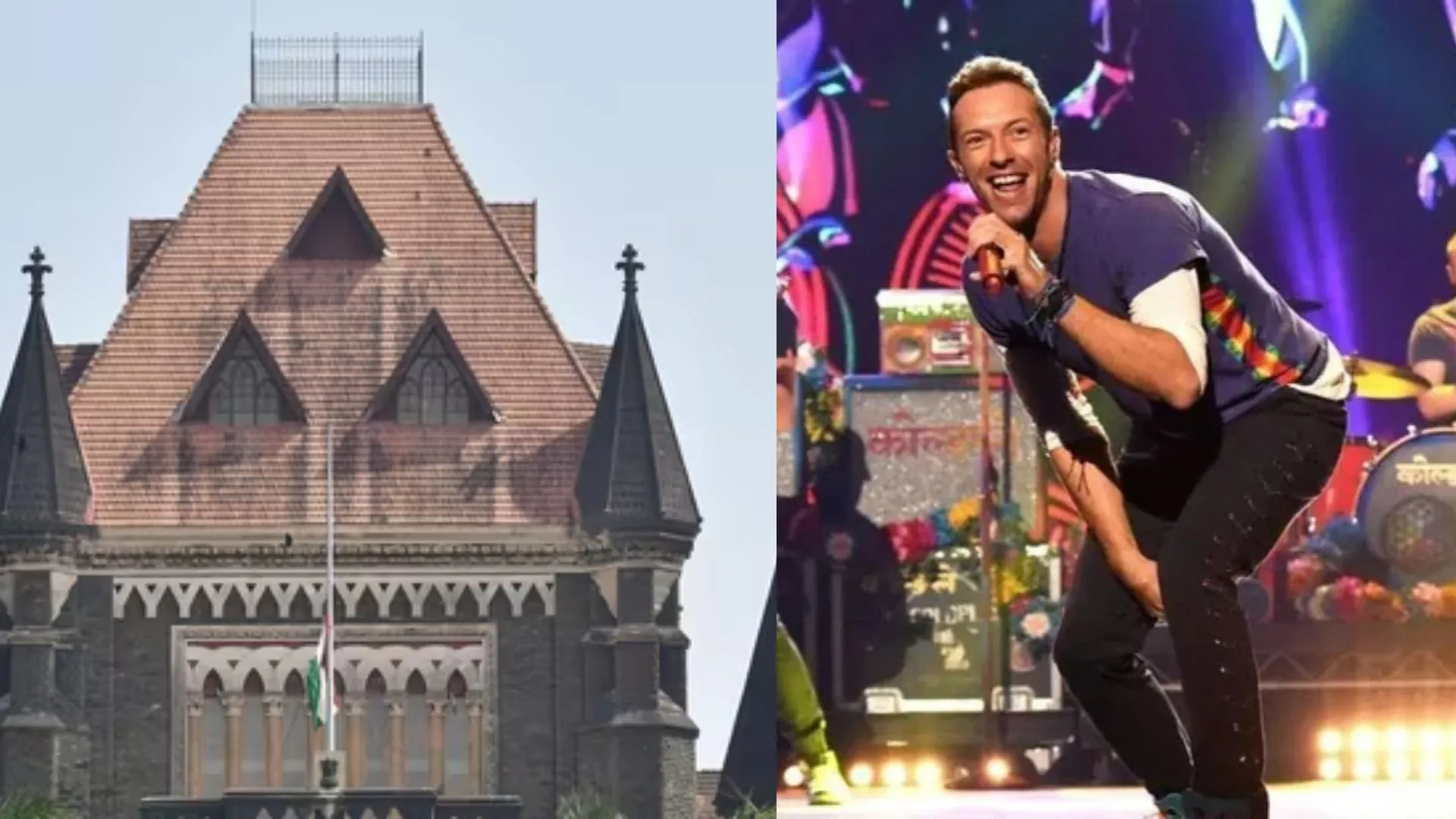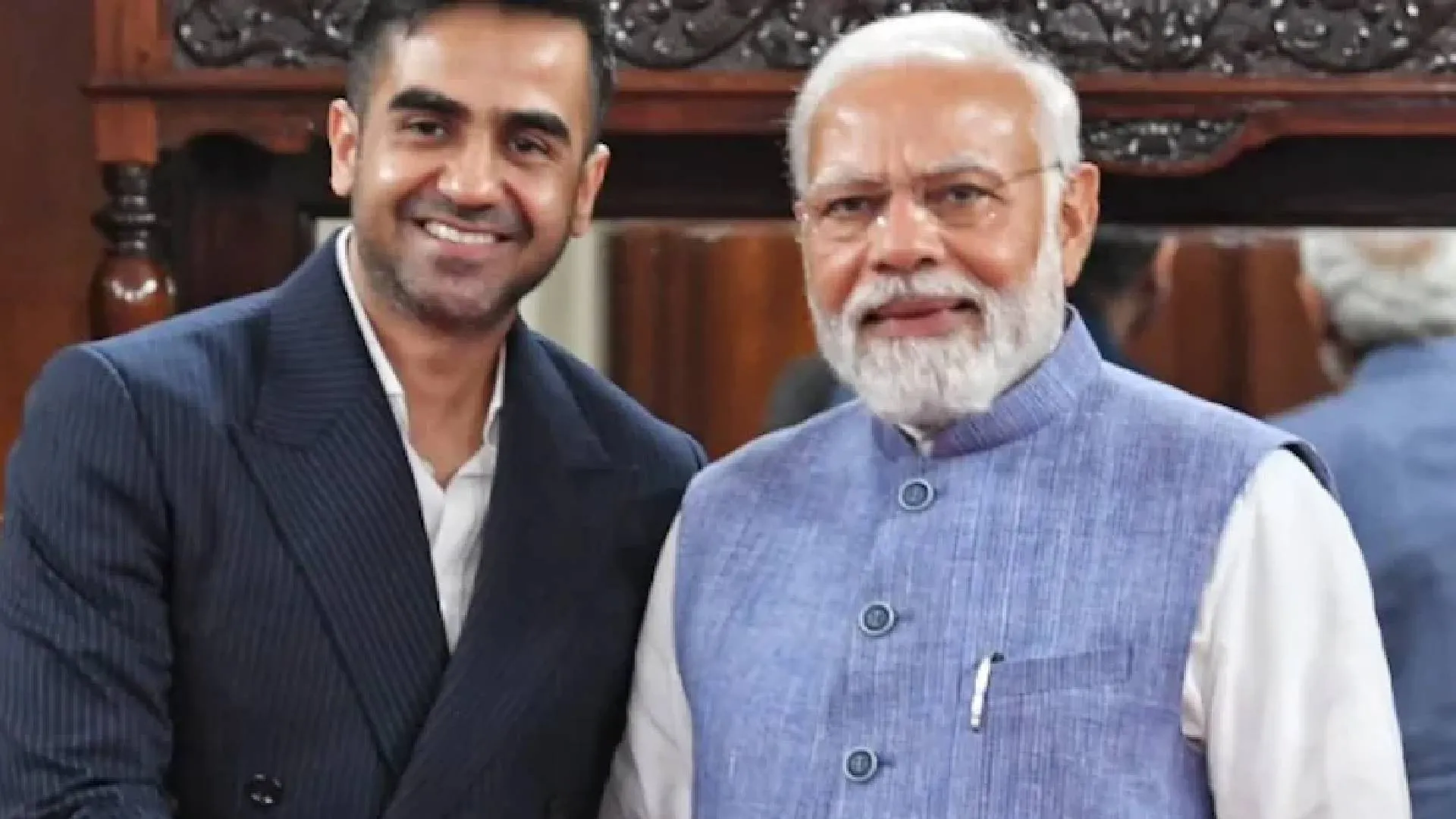In a significant development, the National Investigation Agency (NIA) has successfully extradited Salman Rehman Khan, a member of the banned terrorist organization Lashkar-e-Taiba (LeT), from Rwanda. Khan was implicated in the Bengaluru Prisons Terror Conspiracy case, which involved radicalization and the supply of explosives to terror operatives.
The extradition was accomplished with the collaboration of the Rwanda Investigation Bureau (RIB), Interpol, and National Central Bureaus (NCBs). Khan was apprehended in Kigali, Rwanda’s capital, and transferred to India, where he was formally taken into custody by the NIA.
This marks the 17th instance since 2020 where the NIA has facilitated the extradition or deportation of terror-related fugitives.
Khan’s involvement in terrorist activities began during his incarceration in Bengaluru Central Prison between 2018 and 2022 for a POCSO (Protection of Children from Sexual Offenses) conviction. During this period, he came into contact with T Naseer, a convicted terrorist serving a life sentence, who played a role in radicalizing Khan and orchestrating a terror module within the prison.
Investigations revealed that, upon radicalization, Khan actively participated in procuring and distributing arms, ammunition, and explosives for terror operatives. He was also involved in plots to facilitate Naseer’s escape during court appearances. Following the uncovering of the terror conspiracy, Khan fled India, evading authorities until his arrest in Rwanda.
The NIA registered the Bengaluru Prisons Terror Conspiracy case on October 25 last year, taking over from Bengaluru City Police. Khan was charged under the Unlawful Activities (Prevention) Act (UAPA), the Arms Act, and the Explosive Substances Act. An Interpol Red Notice was issued at the NIA’s request on August 2, leading to his arrest in Rwanda and subsequent extradition.
In 2024 alone, coordinated efforts involving Interpol have resulted in the return of 26 fugitives to India, including individuals accused of crimes ranging from terrorism to sexual offenses. Notably, Raihan Arabikkalalarikkal, wanted for crimes against minors, was extradited from Saudi Arabia.
The Central Bureau of Investigation (CBI), NIA, and Interpol have collaborated to secure Khan’s extradition. The CBI’s Global Operations Centre worked closely with the NIA and Interpol’s National Central Bureau in Kigali to facilitate Khan’s return to India.
The NIA had initiated a case in 2023 regarding a criminal plot to spread terrorism in Bengaluru, with a corresponding FIR registered at Hebbal Police Station. Following the NIA’s request, the CBI secured an Interpol Red Notice against Khan on August 2, 2024, which was distributed to law enforcement agencies worldwide. Authorities traced Khan to Rwanda, where the CBI sought support from Interpol’s National Central Bureau in Kigali. An NIA security team brought him back to India on November 28, 2024.
This operation follows recent successful extraditions from Saudi Arabia, including Barkat Ali Khan, wanted by the CBI for a 2012 case involving rioting and explosive substances, and Raihan Arabikkalalarikkal, sought by Kerala Police for sexual offenses against a minor.
Also read: Indian Lawyer Brags About Emirates ‘First Class’, Internet Slams
The CBI, serving as India’s National Central Bureau for Interpol, maintains close cooperation with domestic law enforcement agencies. Since 2021, they have facilitated the return of 100 wanted criminals to India through Interpol channels, including 26 in the current year.





















